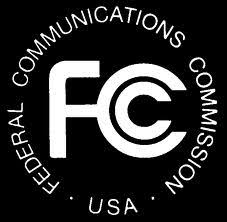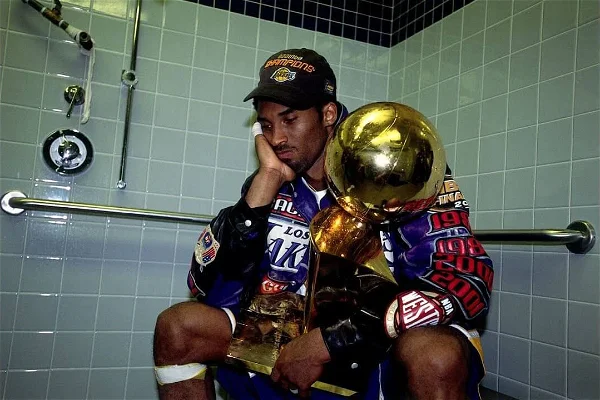FCC to vote on net neutrality soon

In about two weeks, the three Federal Communication Commission (FCC) Republican Commissioners, under the leadership of its president, Ajit Pai, will vote to adopt the so-called Restoring Internet Freedom Order. The new order of the FCC, which essentially abdicates its authority to regulate the massive telecoms that control almost all forms of digital communication in the United States.
The two Democrats on the commission, Mignon Clyburn, and Jessica Rosenworcel are likely to file dissidents, or minority reports detailing why, specifically, they disagree with the 200-page order. And when they do, Pai and his two commissioners Republicans, Michael O’Reilly and Brendan Carr will likely take some time to address these concerns, if only to prepare for the long legal battle ahead. Then, a brief period of legal chaos will ensue.
We can not be sure of the number of technology companies, trade associations and interest groups that will be using the justice system and will require careful review of the FCC plan, but we know that many will seek to overthrow the FCC plan altogether.
Petitions asking the courts to review the FCC order will be filed with the US Courts of Appeal. But only one court can hear the case.
In some cases, it is open the minute the FCC publishes the order; in others, lawyers had to wait until the order was added to the federal register – the government’s daily newspaper in which all rules, proposed rules, and public notices are published.
Harold Feld, senior vice president of the advocacy group Public Knowledge, told Gizmodo, You’re not allowed to file until the order is ‘final’ so if you file too soon it doesn’t count, but if you miss the deadline you lose your opportunity to choose the court.”
While the FCC has no say in this process, those in favor of the order have the opportunity to get involved, but only if they are willing to oppose certain provisions of the order.Outside parties will also have the opportunity to file amicus briefs, also known as court friend briefs, to defend or oppose the order.
Pantelis Michalopoulos, who also spoke to Gizmodo last week shortly before the draft order was released, “If the FCC order is consistent with what has been reported, and what the chairman statements suggest, it is likely to be very vulnerable on appeal. So while it may take a long time, that’s the key fact about the appellate process. At the end of a long tunnel, there may well be a decision that disagrees with the order.”
In the event that the court does not fully agree with the FCC, this decision may be a pure and simple annulment of the order, a referral to the agency for other proceedings, or just remand. The FCC will vote on the decision December 14.





